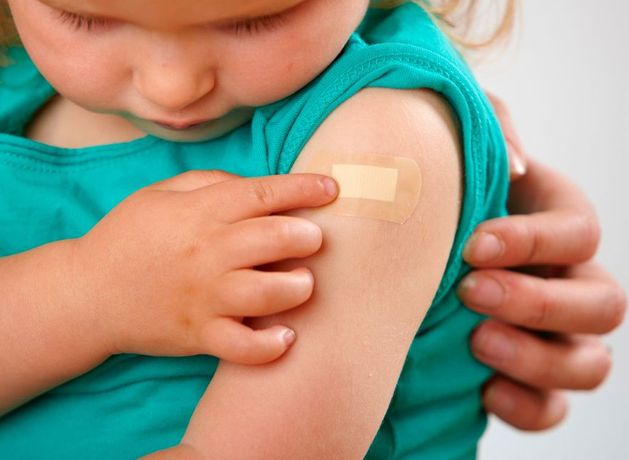Fitness
Vaccine to protect babies from RSV will be rolled out from September following Cabinet approval

He received Cabinet approval to offer the new vaccine to 28,000 babies during the autumn and winter to prevent them getting the highly contagious RSV – respiratory syncytial virus.
RSV usually causes mild, cold-like symptoms, but can lead to bronchiolitis and pneumonia.
For the first time an antibody jab, which provides several months of protection, is available for new borns and it works immediately. Nirsevimab was developed by AstraZeneca and Sanofi.
Unlike a vaccine, which prompts the body to create antibodies and takes a few weeks to be effective, nirsevimab gives immediate protection.
It follows advice from the National Immunisation Advisory Committee (NIAC) recommending the use of the monoclonal antibody immunisation for the 2024/2025 season.
Today’s News in 90 Seconds – June 18th
He said based on evidence from a similar programme implemented in Spain, it’s estimated that the infant RSV programme in Ireland will lead to the avoidance of up to 453 hospitalisations and up to 48 ICU admissions in this country based on a 50pc take-up.
“Last winter, we saw the significant impact of RSV on our health service, particularly in paediatric hospitals. We saw the highest ever number of RSV hospitalisations among children, with babies under one year being the most affected.
“I’m delighted to have secured Government approval today for this programme that directly and swiftly responds to this issue and will hopefully deliver an immediate impact by reducing illness and minimising the burden on our healthcare resources over the winter.
“This Pathfinder programme will also help to inform the development of future RSV programmes aimed at reducing incidences of illnesses and hospitalisation among the population.”
RSV is spread through contact with droplets from the nose and throat of infected people when they cough and sneeze.
It is also possible to pick it up from dried respiratory secretions on bedclothes and similar items.
Acting Chief Medical Officer Dr Colette Bonner added that this “programme will help to protect young babies from the impact of RSV and safeguard health service capacity during this coming winter season”.
“I would encourage parents of eligible infants to take the opportunity to protect their child against RSV and avail of the immunisation as it becomes available.”
The move is strongly welcomed by paediatric doctors who treat very sick children every winter.
It is being introduced under the Pathfinder programme, which refers to an initiative designed to explore approaches to improving health outcomes. Hiqa is currently carrying out Health Technology Assessments on RSV immunisation in Ireland, to determine whether infant or adult vaccination will provide the greatest benefit in reducing healthcare utilisation due to RSV infection and to identify the most cost-effective immunisation strategy.
The results of these HTAs, together with learnings from the new Pathfinder programme, will inform the development of a longer-term RSV immunisation programme.










